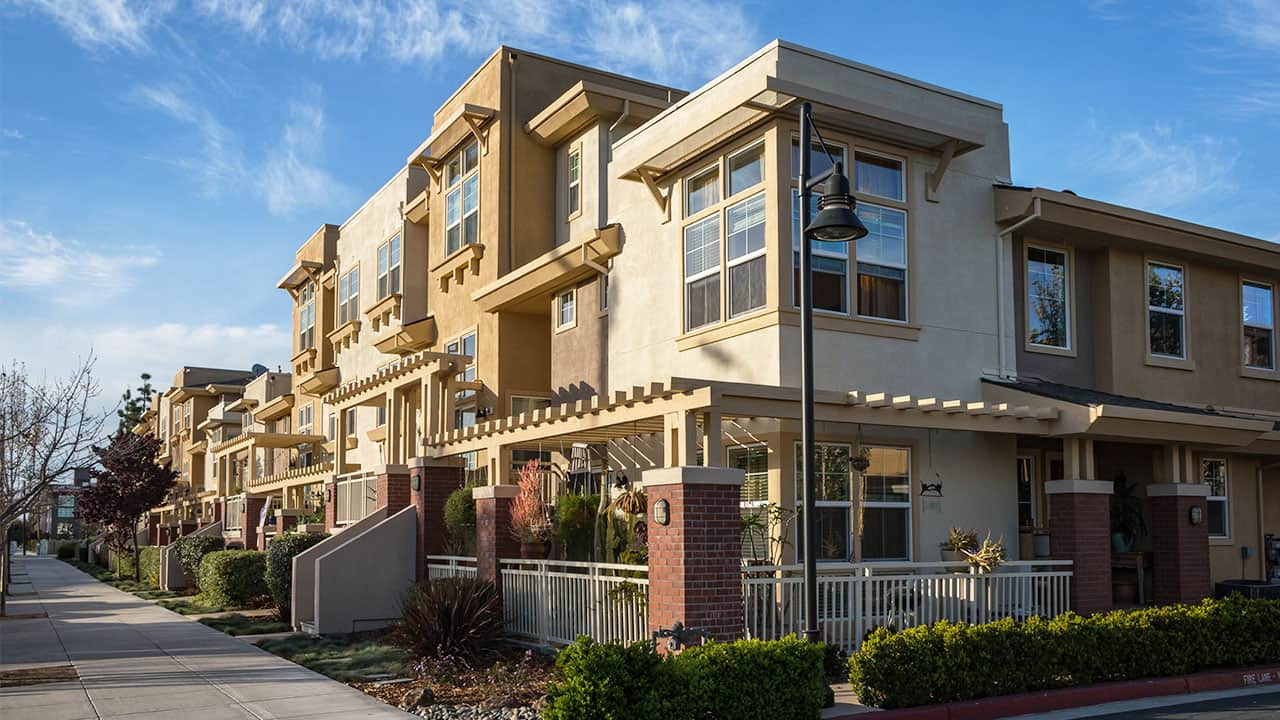Advertiser Disclosure Lots Of or all of the products featured here are from our partners who compensate us. This might affect which items we discuss and where and how the item appears on a page. However, this does not influence our assessments. Our opinions are our own. After retirement, without routine earnings, you might in some cases have problem with finances.
A reverse mortgage is a mortgage that permits homeowners 62 and older to withdraw some of their house equity and transform it into money. You do not have to pay taxes on the proceeds or make monthly home loan payments. You can utilize reverse mortgage proceeds nevertheless you like. They're often allocated for costs such as: Debt debt consolidation Living expenditures Home enhancements Assisting kids with college Purchasing another home that might better fulfill your needs as you age A reverse mortgage is the reverse of a conventional home mortgage; instead of paying a loan provider a regular monthly payment each month, the lender pays you. You must attend counseling, a "consumer details session" with a HUD-approved counselor, before your HECM loan can be funded. This guideline is intended to guarantee that you comprehend the expense and effects of taking out this type of loan. Counselors work for independent companies. These courses are readily available at a low cost and often they're even complimentary.
For most borrowers, this means paying off your staying home loan financial obligation with part of your reverse mortgage. This is simplest to achieve if you have at least 50% equity approximately in your house. You have a couple of alternatives, however the simplest is to take all the money at the same time in a swelling amount. what the interest rate on mortgages today.
You can also select to get routine periodic payments, such as when a month. These payments are described as "period payments" when they last for your entire lifetime, or "term payments" when you get them for simply a set time period, such as ten years. It's possible to secure more equity than you and your lending institution expected if you choose period payments and live a remarkably long life.
This allows you to draw funds only if and when you need them. The advantage of a line-of-credit technique is that you just pay interest on the money you've in fact borrowed. You can also utilize a combination of payment options. For example, you might take a small swelling amount upfront and keep a line of credit for later on.
For example, the home will go on the marketplace after your death, and your estate will get money when it offers. That money that should then be utilized to pay off the loan. The full loan amount comes due, even if the loan balance is higher than the home's value, if your beneficiaries decide they desire to keep the home.
The Single Strategy To Use For Why Do Banks Sell Mortgages To Fannie Mae
Numerous reverse home mortgages consist of a stipulation that does not permit the loan balance to go beyond the worth of the house's equity, although market variations may still lead to less equity than when you secured the loan. It's possible that your estate might offer adequate other possessions to enable your heirs to settle the reverse home loan at your death by liquidating them, but they may otherwise not have the ability to receive a regular home mortgage to pay off the debt and keep the household home.
You'll pay a number of the very same closing costs needed for a traditional house purchase or refinance, however these costs can be greater. Fees decrease the quantity of equity left in your house, which leaves less for your estate or for you if you decide to sell the house and pay off the mortgage.
Costs are often financed, or built into your loan. You don't compose a look for them at closing so can you cancel a timeshare you might not feel these expenses, but you're still paying them regardless. You need to have your home appraised, adding to your costs. The lending institution will desire to make sure that your home in good shape before composing the loan.
A reverse home loan lets older property owners take advantage of their house's equity for a lump sum payment, periodic payments, or in the form of a credit line. Reverse home mortgages do not need to be paid back up until the homeowner passes away or moves out of the house. Remains in care centers for less than a year are alright.
Interest accrues over the life of the loan, so the amount necessary to pay off the home loan will likely be significantly more than the initial loan proceeds - what http://emiliomhcc483.almoheet-travel.com/how-to-reverse-mortgages-work-if-your-house-burns-questions is the interest rates on mortgages.
A reverse home loan is a method for homeowners ages 62 and older to utilize the equity in their home. With a reverse mortgage, a house owner who owns their house outright or at least has substantial equity to draw from can withdraw a part of their equity without having to repay it until they leave the home.
How Do Mortgages Work In Canada - The Facts

Here's how reverse mortgages work, and what property owners thinking about one requirement to understand. A reverse home mortgage is a type of loan that permits property owners ages 62 and older, normally who have actually settled their home loan, to obtain part Click to find out more of their home's equity as tax-free income. Unlike a routine mortgage in which the house owner makes payments to the loan provider, with a reverse mortgage, the lending institution pays the property owner (how do interest rates affect mortgages).

Among the most popular types of reverse home mortgages is the House Equity Conversion Home Loan (HECM), which is backed by the federal government. Regardless of the reverse home loan concept in practice, qualified homeowners might not have the ability to borrow the whole worth of their house even if the home mortgage is paid off.